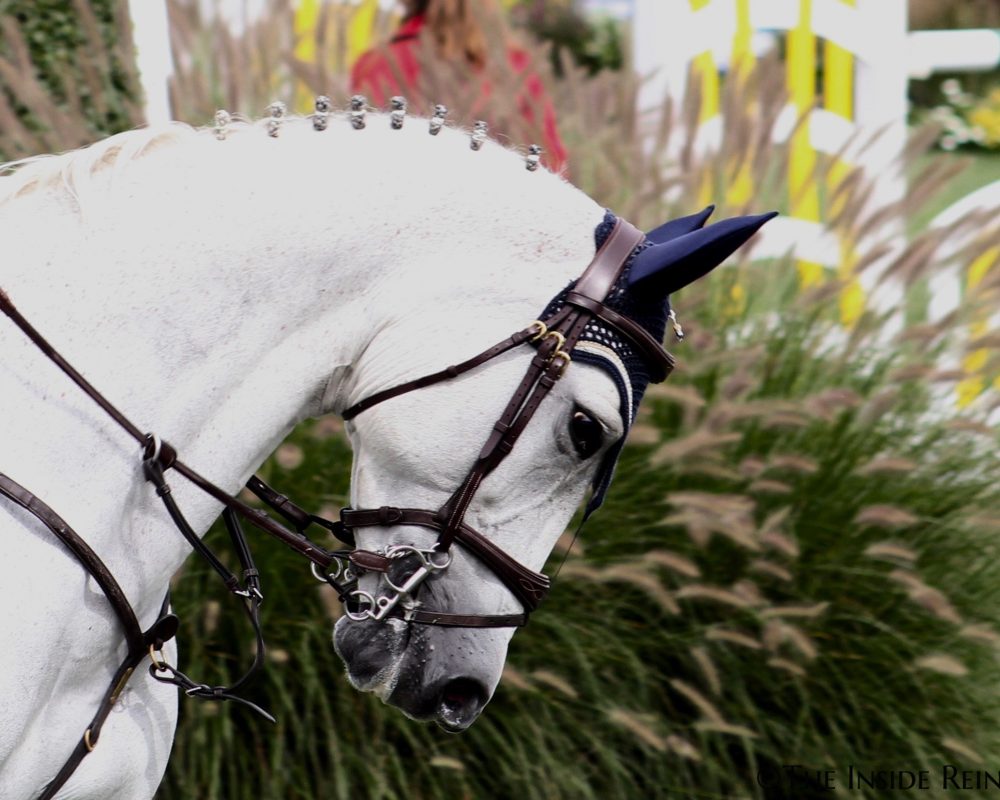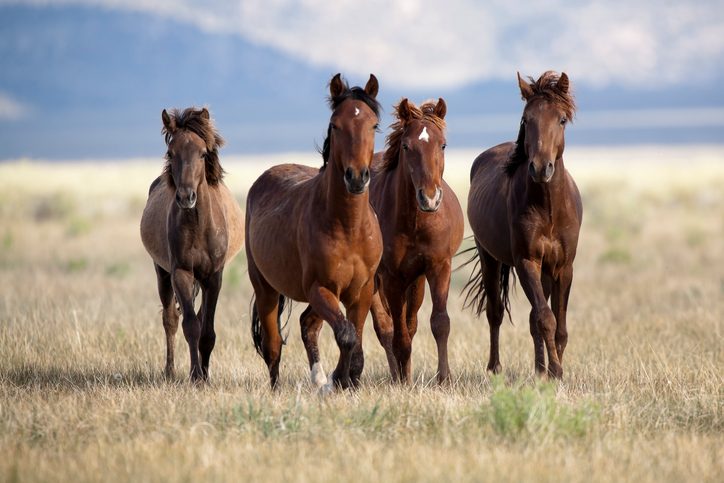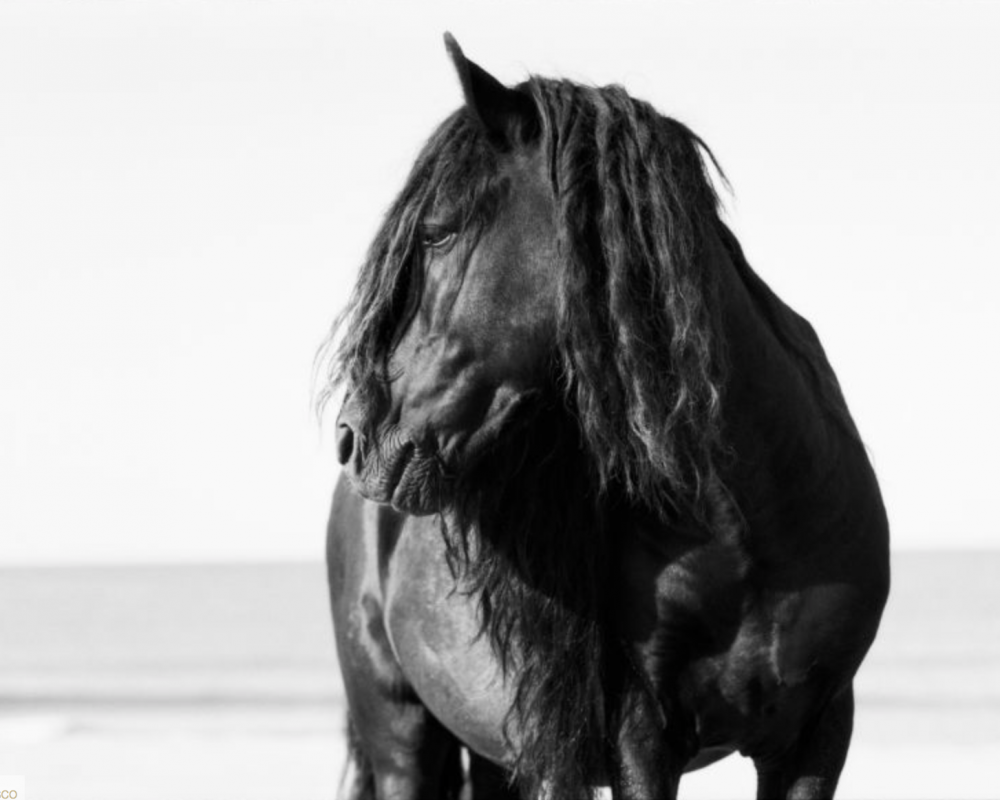Most riders spend so much time justifying riding as a sport, explaining that we are athletes to the outside world, we sometimes drink our own Kool-Aid and forego alternative workouts. That’s not to say riding isn’t exercise – anyone reading this knows it is – but far too many riders use their horses as replacement for deadlifts and squats. This thought process is a hindrance to our progress as riders. In a sport that requires full body engagement, it is only logical to strengthen our bodies and become the athletes we expect our horses to be.
Realizing this crucial, overlooked element in the equestrian community, Brittany Cacossa, a Long Island-based rider and trainer, has been simultaneously honing her riding and powerlifting skills. She is now ready to share her knowledge with the equestrian world and has launched Bringing Change Equestrian Fitness, a workout program geared specifically toward riders.
“The goal of this program is to bring solid coaching and education from the fitness industry to the equestrian world,” says Ms. Cacossa. “While nothing can replace being in the saddle and having a true feel for a horse, BCEF will help you become the athlete you desire to be. BCEF will offer education, confidence, strength, and community to anyone who has the desire to be more.”
When did you first realize the importance of physical fitness, both generally and as it relates to riding?
I have always been very into fitness. As I got older, I began to get more competitive in the powerlifting world and realized the importance of strength. Once I began that, it made me a stronger rider. Not only did I improve when in the saddle, but I also became more motived to get better in all aspects of the sport. I believe knowing you’re strong motivates you in all areas of your life.
What inspired you to start BCEF?
I see a lot of riders get nervous or lack confidence. I can help with that. Lifting weights and getting strong is much more than just physical – especially when riding. Yes, lifting will definitely help you to ride better, but it is also empowering psychologically. I’ve witnessed previously timid riders develop an “I’ve got this” mentality. Giving them that confidence to succeed, while simultaneously improving their physical capability, is priceless.
What muscle groups do you feel are the most important for riders to work?
All muscle groups are important. In this program, we train the body as a whole. There is no focus on only one muscle or small group of muscles. Our bodies move as a system when we ride, and that’s how I treat them in the workouts.
What are the greatest areas of weakness you see in rider’s strength and fitness?
Body awareness is a big weakness for all riders. The more advanced riders tend to be very immobile and are weak in many positions that are not seen in the saddle. It’s extremely important to train the body as a whole to prevent injury. A rider who does not continuously work to strengthen their body will deteriorate down the road.
What are some of the key improvements you see in your BCEF clients?
I have found improved leg strength in all riders. The beginner and novice riders’ seat, heels and overall position are much more put together. In the more advanced riders, their strength and ability to move more functionally and for longer periods of time has also improved.
Do you feel there’s the perception that riding is “enough” in terms of physical exercise among the equestrian community? If so, why do you feel it’s important to disrupt that misconception?
Riding is an excellent workout but it is certainly not enough. The person who rides 1-3 horses a day should supplement that with 4-5 days in the gym on an appropriate workout plan. If someone is riding about 5-8+ horses a day, the workouts will be relatively the same as someone who rides fewer horses but with less conditioning and intensity on days where the rides are difficult.
Do you incorporate a nutrition plan into your program? If so, what are some of the most important things to consider when it comes to riding and nutrition?
There is no specific nutrition program, as I am not a nutritionist. However, I do have experience in programming macronutrient intake for people. This is basically how much an individual should eat in order to reach specific goals. I would love for riders to become more health conscious. I know what our diets look like – especially at horseshows! We can’t be expected to perform optimally if we eat poorly or not enough. We are athletes and we need to treat our bodies as such!
What are your future goals for BCEF?
I would like to conduct strength clinics for barns and equestrian communities, as well as develop online programming for riders on a global scale. Simply put, I would like to provide a thorough education about strength and fitness for equestrians.
To learn more visit the Bringing Change Equestrian Fitness website or email [email protected].
By Ashley Fairfield-Remeza



Leave a Reply